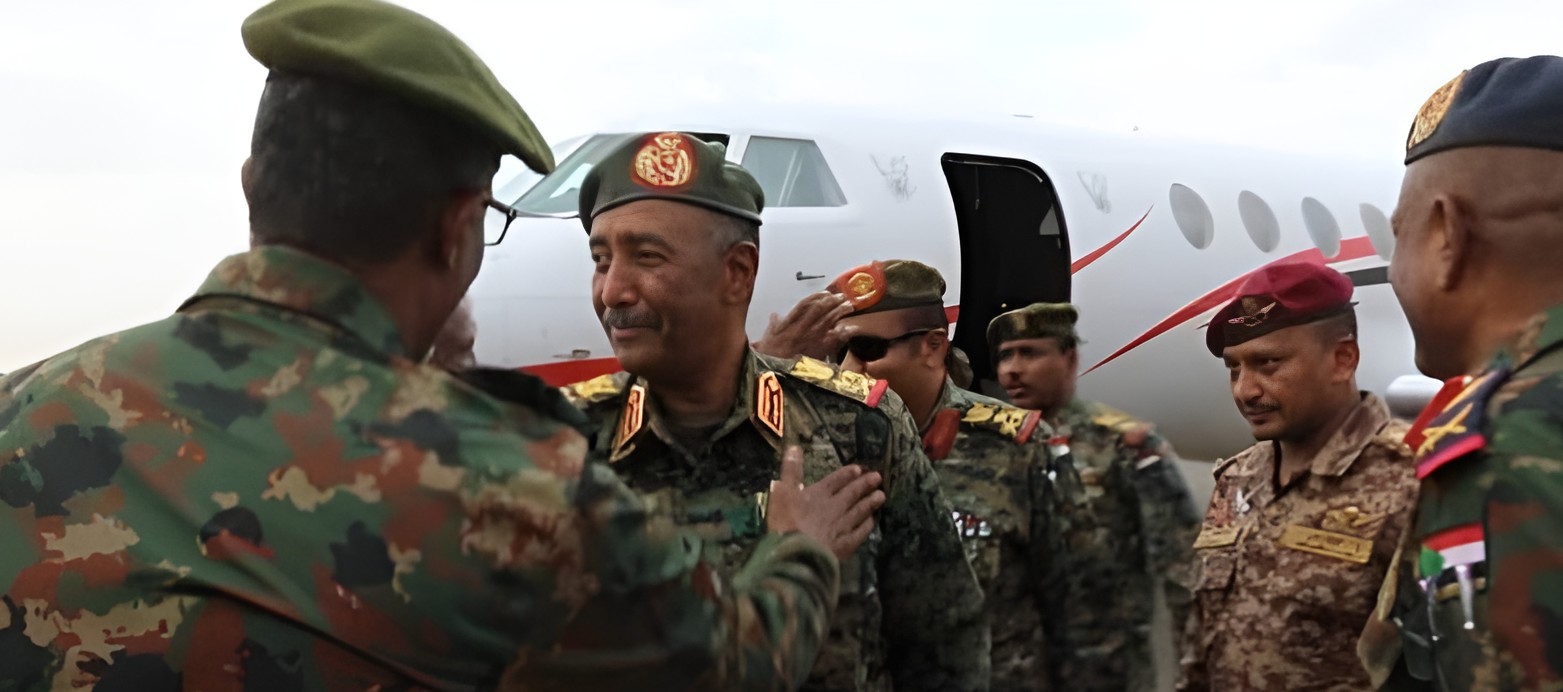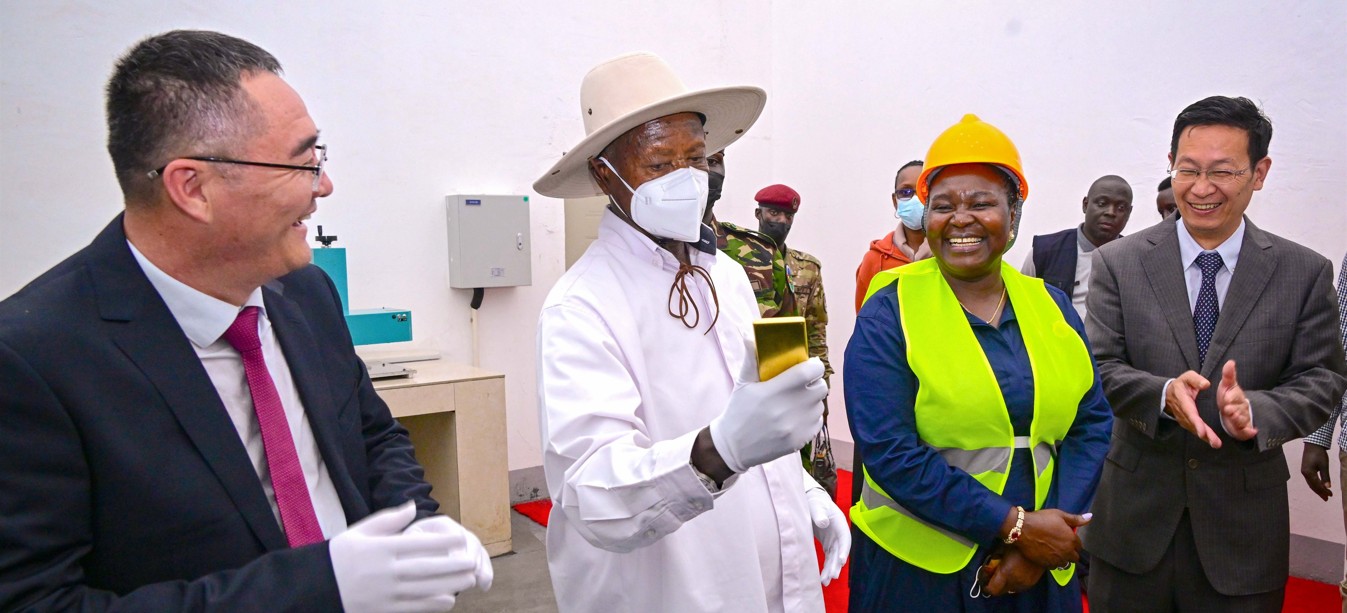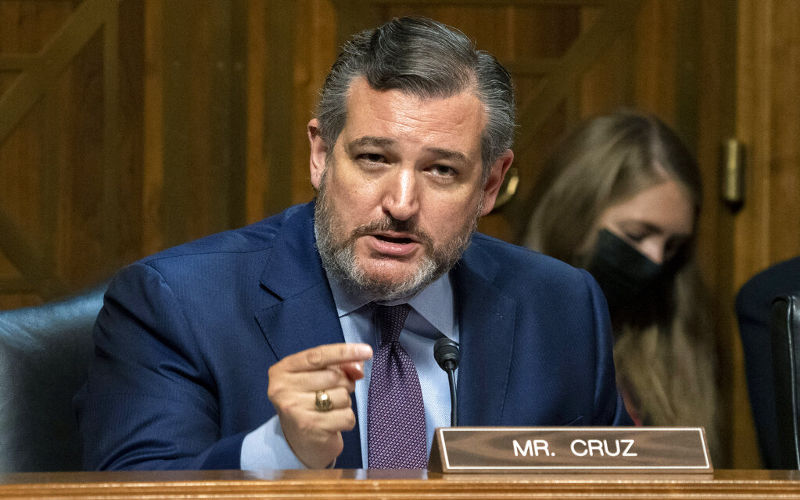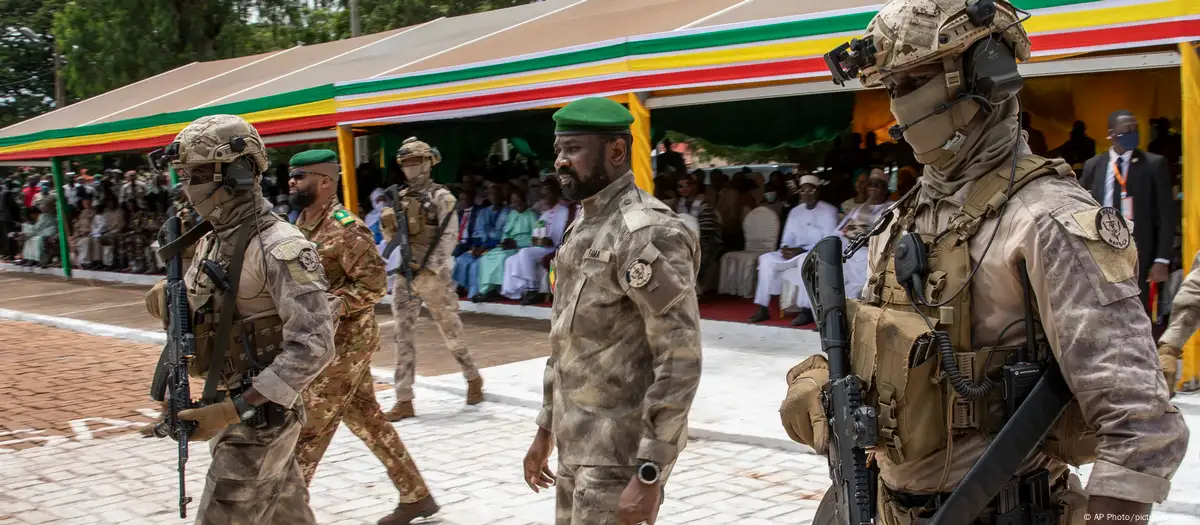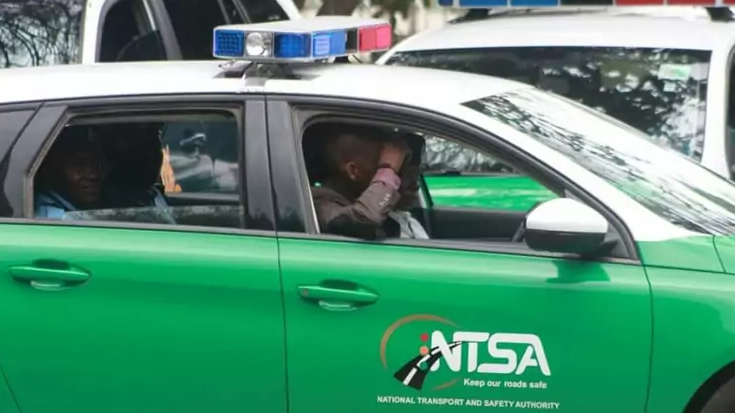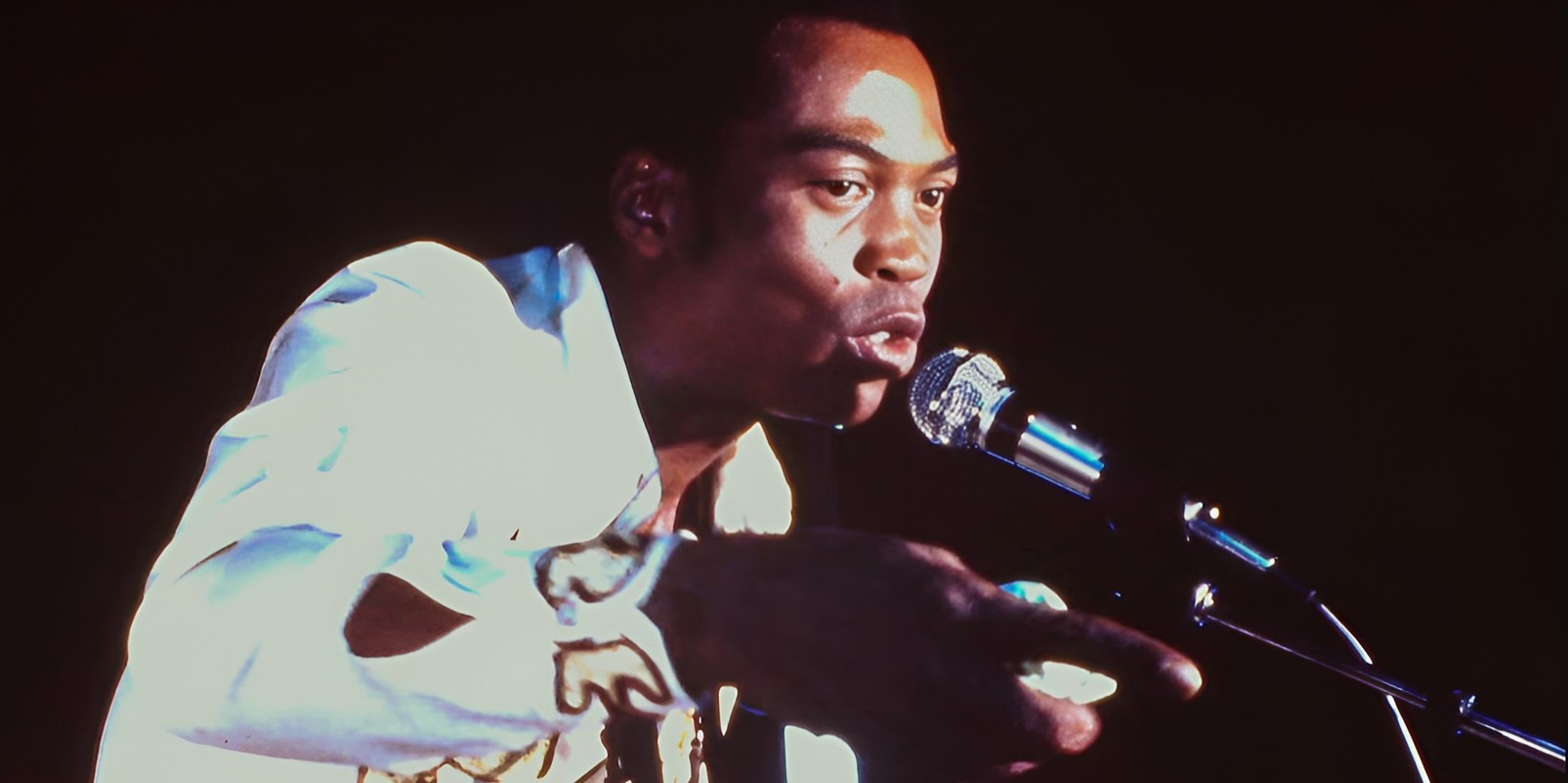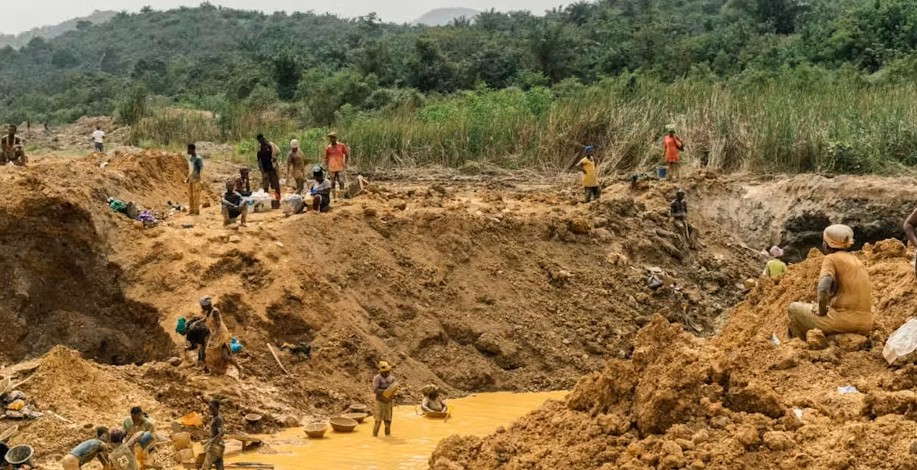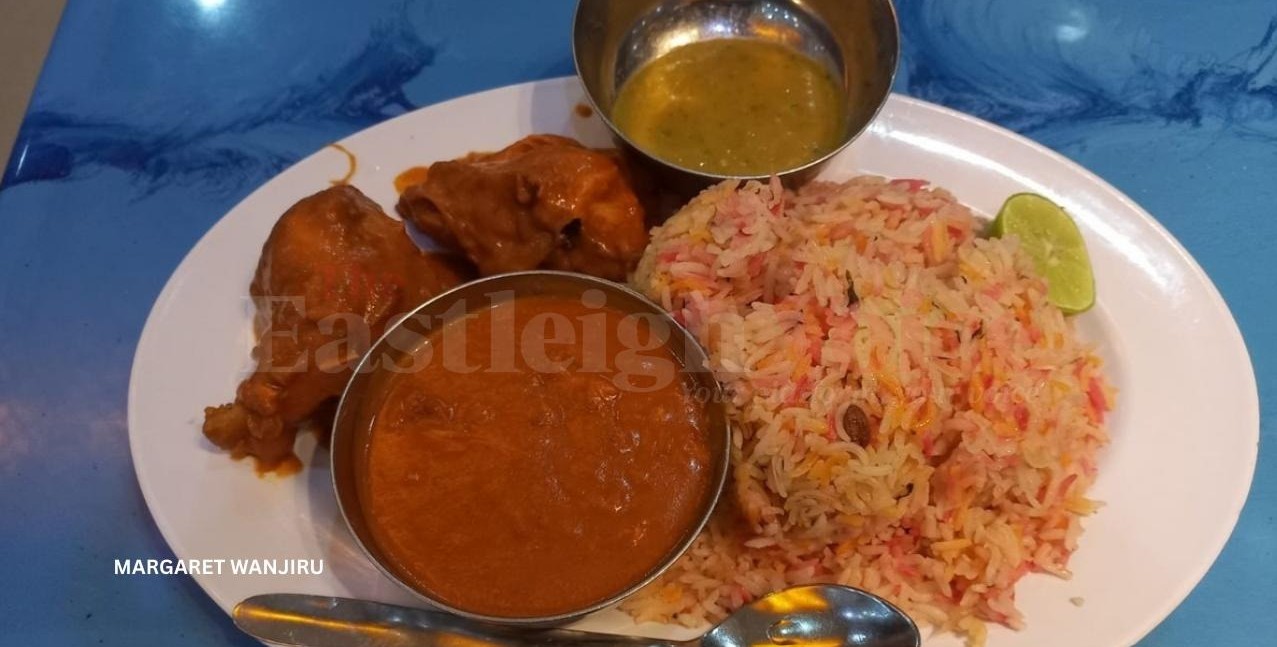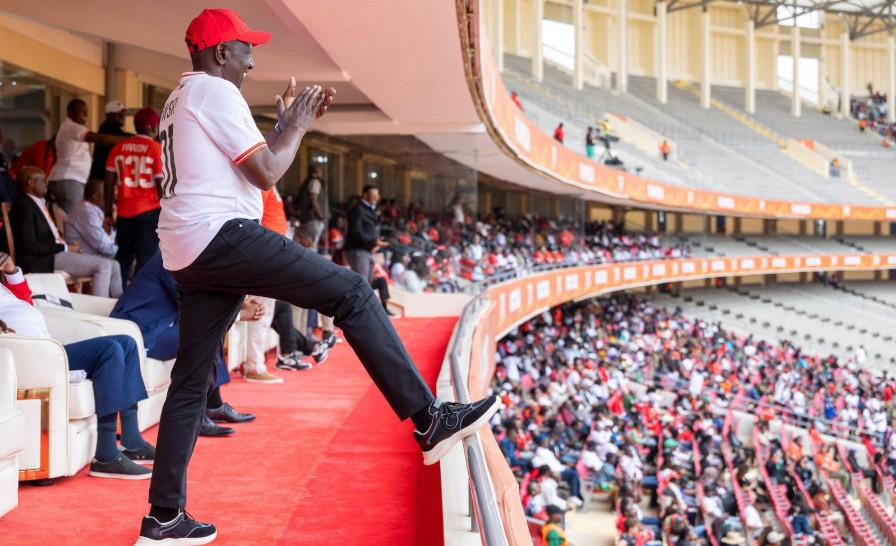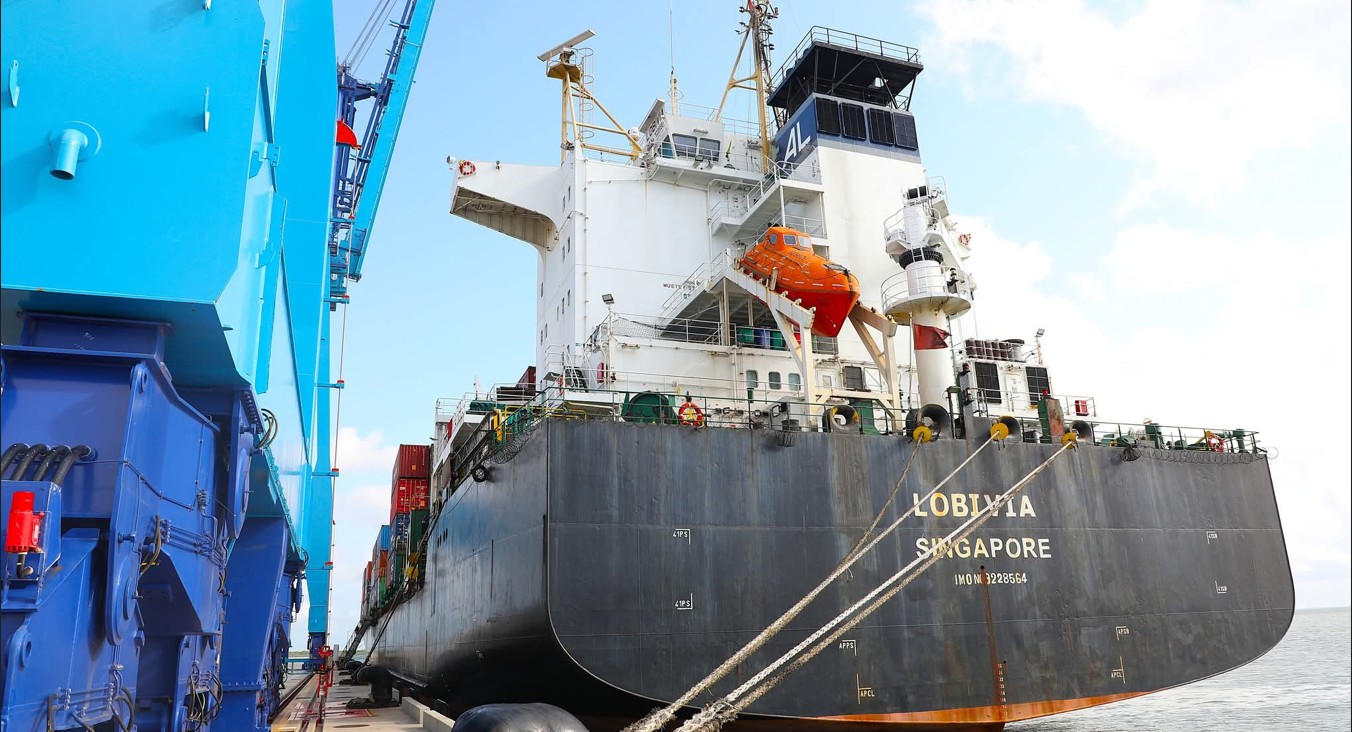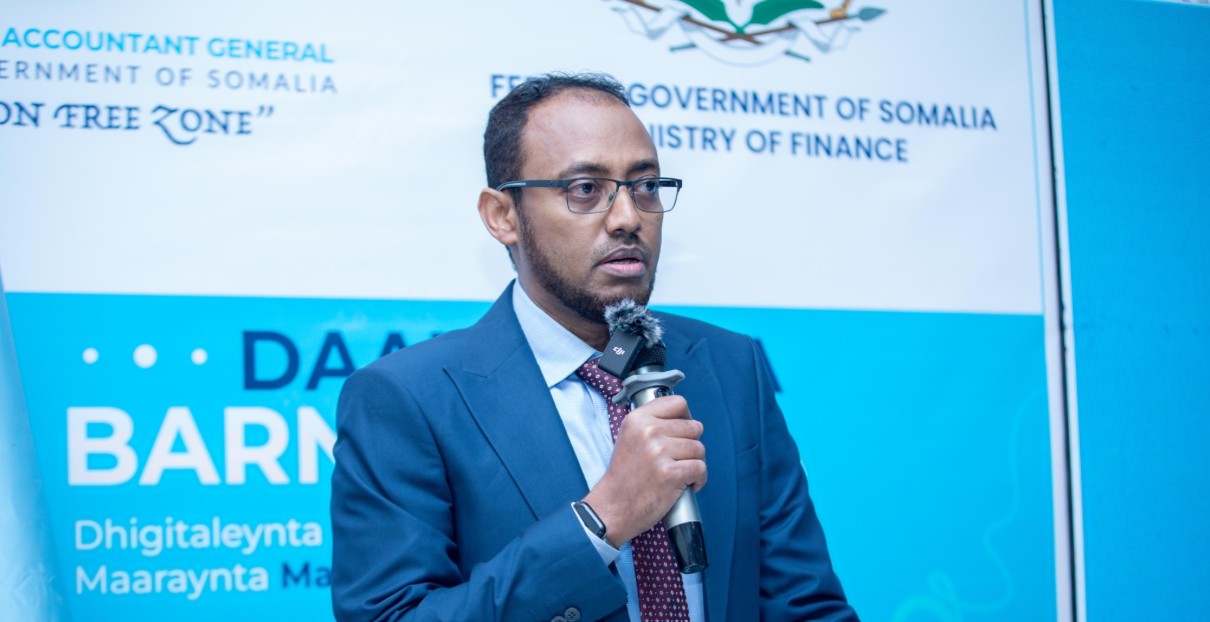Kware community decries lack of support as body retrieval efforts stall
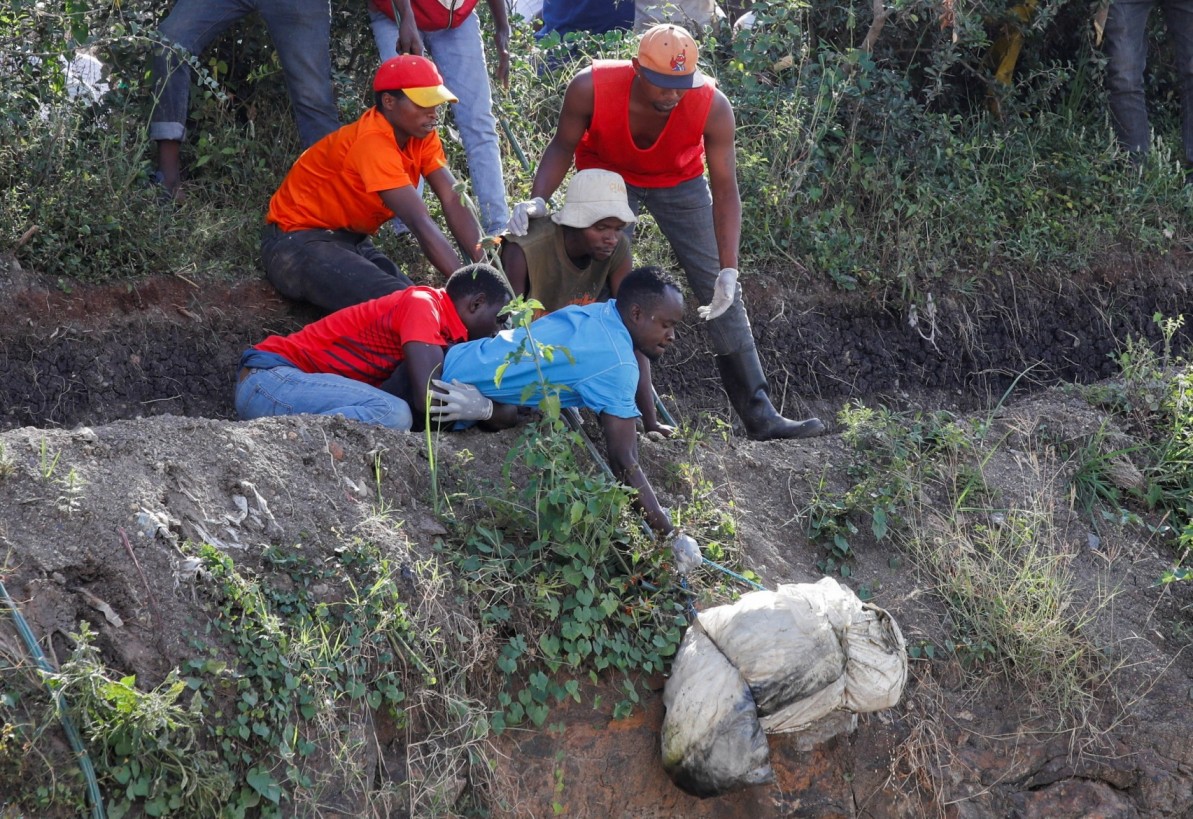
Toure says the lack of tangible support has led to heightened tensions within the community, culminating in a tragic incident where 13 people were shot during a riot sparked by mounting frustrations.
The Kware community-led body retrieval operation which was abruptly halted has left the residents and grassroots organisations feeling overlooked and unsupported by government authorities.
The retrieval attempt, which began with significant volunteer mobilisation and resource allocation, was halted on August 2. Residents and local authorities suspect there are more bodies trapped in the quarry, and their outrage grows as the problem stays unsolved.
More To Read
- Githunguri MP Gathoni Wamuchomba protests suspension, backs femicide victims
- Mukuru Community Justice Centre: Fighting injustice, police abuse to empower Kenya’s vulnerable
- Mukuru Community Justice Centre condemns alleged forced evictions over affordable housing project
- DCI summons Mukuru activists over suspected links to BBC documentary "Blood Parliament"
- Rights groups fear cover-up in Mukuru kwa Njenga mass deaths
- Human Rights Watch demands release of report on probe of Kware murders
David Toure, coordinator at the Mukuru Community Justice Centre, has expressed the community's deep disappointment. "From the very start, we took charge of the situation," Toure said. "We organised volunteers, gathered resources, and ensured that everything was in place for the retrieval process."
"Toure's sentiments reflect a widespread feeling among locals who have been deeply involved in the efforts, often working under dire conditions without sufficient support from official channels.
The government's involvement, according to Toure, has been disappointingly minimal. "We expected that the county and national governments would show the seriousness this tragedy demands," he explained. "Instead, their role has been limited to supervision and writing reports, with no real help in the retrieval process."
Toure says the lack of tangible support has led to heightened tensions within the community, culminating in a tragic incident where 13 people were shot during a riot sparked by mounting frustrations.
Despite the heightened attention in the early days of the retrieval effort, with officials making statements and waiting for bodies to arrive at the morgue, there has been a noticeable absence of sustained engagement or support.
"The officials made endless statements without ever consulting us about our needs or the actual situation on the ground," Toure said. "We are left trying to manage everything on our own, without adequate resources."
The local youth, who played a crucial role in the body retrieval efforts, have been particularly vocal about their grievances. Many of these young people worked tirelessly for days, often at the expense of their well-being and without compensation.
"Some of them faced pressure from their families for basic needs, yet they chose to remain at the quarry, driven by their commitment to help," Toure noted.
In response to the lack of support, the Mukuru Justice Centre launched a campaign to provide some relief, but it was short-lived, leaving many still struggling.
The community is now calling for a meeting with Nairobi's governor to address their concerns about limited resources and the need for official recognition of their efforts. They also emphasise the urgent need for medical checkups for the volunteers, who were exposed to decomposing bodies without adequate protective gear.
In addition to these critical needs, there is a strong belief throughout the community that the retrieval procedure should not have been halted. They argue that body parts should be recovered from the quarry.
"We still believe that there are bodies still trapped inside the dump site. Our efforts are only stretched at community levels so we cannot operate in continuing to receive the bodies" says Toure.
Top Stories Today



